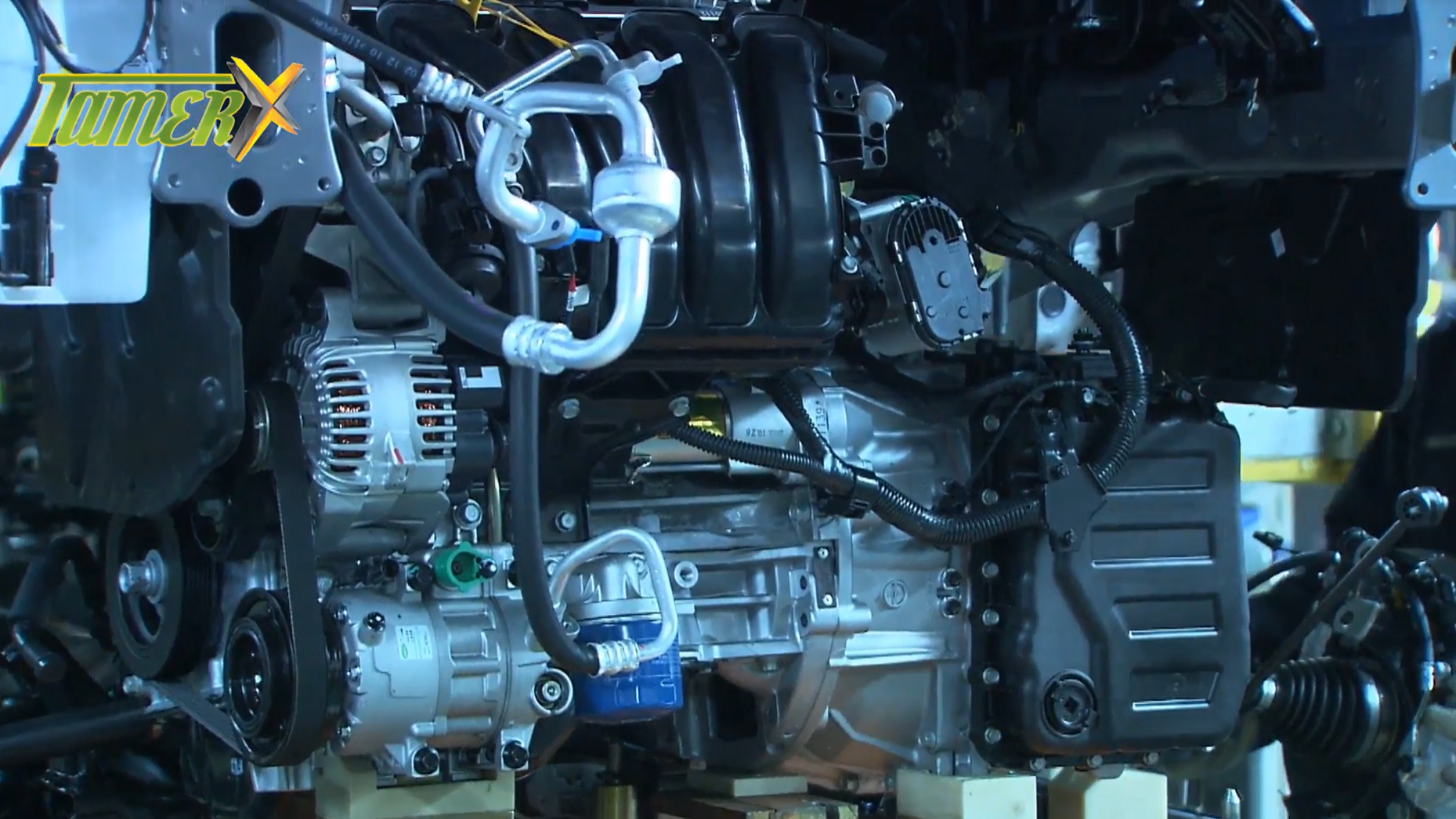Which Volvo truck engine has the best reliability and why?
You should always research the transmission and engine of the truck you intend to purchase. For the purposes of this blog, we'll keep the debate to Volvo trucks. Which Volvo engine is therefore the most reliable? Let's begin by listing the advantages of purchasing a Volvo truck.
The first item on our list is the D11, which can be configured in the VNR, the VNL VHD, and the VAH. Because of its low weight of just 2259 lbs, 325HP, and 1250lb-ft of torque, the D11 can tow your daily products with ease.
It has a typical SOHC engine with four valves per cylinder. Performance is increased and the common rail injectors system is trustworthy for the whole life of the truck.
The following in line is the Volvo D13 engine. The D13 is usually regarded as the category's most flexible engine. A variety of HP variations are accessible, including the 375, 406, 425, 435, 455 and 500. As a result, 1450lb-ft, 1550lb-ft, 1650lb-ft, 1750lb-ft, and 1850lb-ft of torque are produced. The D13's hauling capacities are designed to exceed expectations.
Along with power, it also boasts excellent fuel economy. Even at its maximum weight of 2605 pounds, the D13 is the most cost-effective engine in its class, saving money and making loads far more profitable to transport.
The producer of the next engine has been around for a while. The Cummins ISX15 engine is offered for the Volvo VNL versions. Volvo truck owners have shown a lot of interest in the ISX15. The Volvo engines are a great substitute for the Cummins ISX15, which prides itself on being dependable, powerful, and durable. The Cummins ISX may generate 400–600 horsepower depending on the configuration, pioneering the way with exceptional power and efficiency.
With 1850 lb-ft of torque and 485 hp (starting rating), the ISX15 has established itself as a powerful engine that nonetheless maintains fuel efficiency over long distances. This engine can without a doubt maintain power and performance throughout all of the applications a vehicle may require.
Which is better?
Take into account the load that the truck must transport. Compare each engine grade's output and efficiency. Engines with lower HP or torque ratings for heavier loads will use more fuel than those with the proper ratings. Ask what the truck's intended purpose is. For flatbed, van, reefer, heavy haul, specialized, and LTL vehicles, different hauling weights apply.
You may prevent issues and ultimately save money if your engine is rated correctly.
I hope this clarifies a few of the most common queries!
Take Care!

Comments
Post a Comment